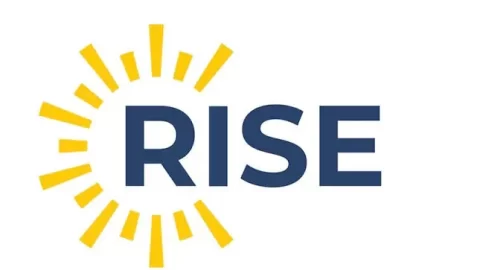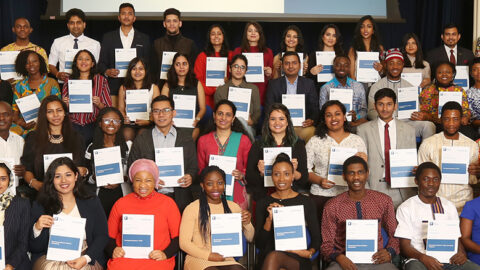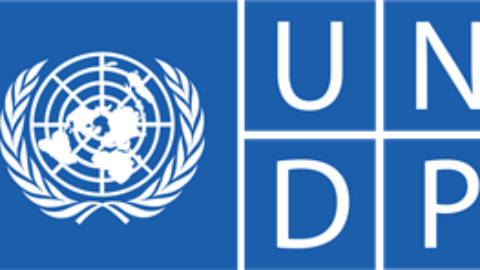WHO as the leader in global public health issues is committed to building a diverse pool of future leaders in public health. WHO’s Internship Programme offers a wide range of opportunities for graduate and postgraduate students to gain insight in the technical and administrative programmes of WHO while enriching their knowledge and experience in the health field, thereby contributing to the advancement public health.
OBJECTIVES OF THE PROGRAMME
WHO is the directing and coordinating authority on international health within the United Nations system. WHO has 194 Member States and more than 7000 people working in 150 country offices, in 6 regional offices and at headquarter in Geneva. WHO offers internships globally in our country and regional offices, as well as at headquarters.
The WHO internship programme has three objectives: (a) to provide a framework for assigning students from diverse academic backgrounds to WHO programmes, where educational experience can be enhanced through practical work assignments; (b) to expose students to the work of WHO and (c) to provide WHO programmes with the assistance of students specializing in various fields. Most students are placed in health-related programmes, although placements in other areas of work like for example communication, external relations, finance or human resources are also possible.
WORTH
- Join the leader in global public health issues.
- Participate in on-going departmental projects.
- A wide range of opportunities for graduate and postgraduate students to gain insight in the technical and administrative programmes of WHO while enriching their knowledge and experience in the health field, thereby contributing to the advancement public health.
ELIGIBILITY
- Education
- Have completed three years of full-time studies (bachelor’s level or equivalent) at a university or equivalent institution prior to commencing the assignment; AND be enrolled in a course of study at a university or equivalent institution leading to a formal qualification (applicants who have already graduated may also qualify for consideration provided that they start the internship within six months after completion of their formal qualification).
- Skills
- Core competencies
- Teamwork
- Respecting and promoting individual and cultural difference
- Communication
- All interns should be able to demonstrate the following skills in line with the WHO core competencies:
- Communicating effectively orally and in writing
- Showing willingness to learn from mistakes
- Producing and delivering quality results
- Working collaboratively with team members
- In addition, interns need to be familiar with commonly used computer programmes, such as Word, Excel, PowerPoint. Knowledge of specialized computer programmes, for example, statistical software such as XLStat may be an advantage
- Core competencies
- Experience
- Experience in research and/or in drafting reports
- Depending on the area of interest, the below experience may be needed and/or would be an advantage.
- Experience in the subject area through academic work or research
- Experience with data analysis, statistical packages and interest in the design of graphical display and analysis of health information in an international comparative perspective, such as for health system performance assessment
- Field and/or developing country experience
- More specific experience such as specialized computer programmes
- Languages
- Fluency in one of WHO’s working languages (reading, writing and speaking). WHO official languages: Arabic, Chinese, English, French, Russian and Spanish
- Knowledge of the local language in some duty stations can be an asset
To apply and for more information visit here









